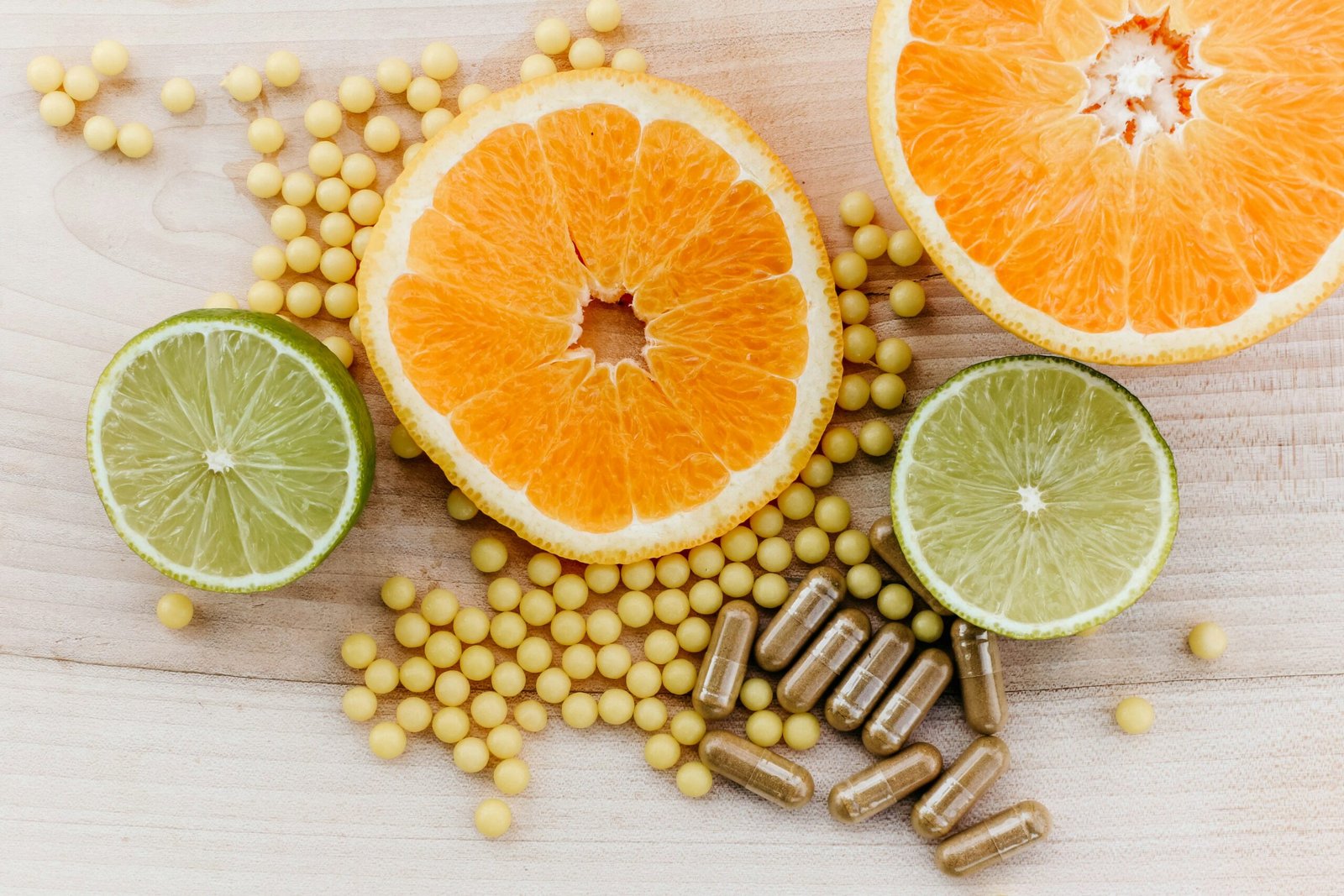
In recent years, the health and wellness industry has exploded with gut health supplements—probiotics, prebiotics, digestive enzymes, fiber pills, and more—each gut health pill promising to cure bloating, improve digestion, and even boost mood. But do you really need to take any of these?
Your gut, also known as the gastrointestinal (GI) tract, is home to trillions of microbes that help break down food, absorb nutrients, and regulate the immune system. An imbalance in this ecosystem—often referred to as dysbiosis—can contribute to symptoms like constipation, diarrhea, gas, and even conditions like irritable bowel syndrome (IBS).
Probiotics, the most popular gut health supplement, contain live bacteria that are intended to restore balance to your gut microbiome. Some strains, like Lactobacillus and Bifidobacterium, have been shown in studies to help with certain conditions such as antibiotic-associated diarrhea, constipation, or mild IBS. But not all probiotics are created equal. Many over-the-counter options are poorly studied, and what works for one person may not work for another. Worse, some don’t even survive the journey through the stomach to reach the gut. Many times I’ve heard patients tell me that they’ve “tried probiotics but they don’t work”, so they gave up on them. Certain strains, and combinations of strains, work better for different conditions– a newish development that most people are unaware of. While you can take a probiotic for ‘overall’ health, I suggest taking the correct probiotic for your problem. Sources like IBS Probiotics is a good place to start, but please check with your healthcare provider as well.
Prebiotics, on the other hand, are non-digestible fibers that feed your good bacteria. Think of them as fertilizer for your gut garden. Yum! Common prebiotic ingredients include inulin, fructooligosaccharides (FOS), and resistant starch. These can often be found in foods like garlic, onions, and bananas—but supplements offer a convenient option for those who don’t get enough through diet. Fermented foods are also a good source of prebiotics and probiotics, so another great reason to eat sauerkraut, kimchi, and natto. Every culture has its own form of fermented food, which I find fascinating, but our ancestors were definitely onto something that helped improve gut health (even when fresh foods were out of season).
Digestive enzymes claim to help break down food and improve nutrient absorption. While they can be helpful for people with enzyme deficiencies (like lactase for lactose intolerance or pancreatic enzymes for those with pancreatic insufficiency), there is little evidence that healthy individuals benefit from taking them regularly. However, some common supplements will include digestive enzymes like alpha-galactosidase, the major component of Beano– this enzyme helps break down complex carbohydrates like bread and beans, which are common triggers for abdominal bloating and gas. Including one when you have these symptoms may be a good idea.
Fiber supplements—like psyllium husk, methylcellulose, and newer options like acacia, flaxseed, or partially hydrolyzed guar gum—can improve bowel regularity and support microbiome diversity. Soluble fiber, in particular, helps feed beneficial bacteria while bulking up stool. When people ask me about fiber supplements, I always point them towards both a soluble and an insoluble fiber– one without the other does not help as much! How you take your fiber supplement is also important— this can be a whole post on its own— but is it a powder, capsule, gummy? The binders in some supplements actually counteract the benefits. Getting fiber from what you eat is always ‘better’, but in this day and age, we are all busy, and getting the optimum amount, 25-35g of fiber a day, can be difficult. So I will often recommend a fiber supplement to optimize your gut and butt health.
Ultimately, while gut health “pills” can be helpful in specific situations, they are not a substitute for a diet rich in whole plant foods, adequate hydration, stress management, and regular physical activity. Before starting any supplement, it’s a good idea to talk to a healthcare provider—especially if you have underlying health conditions or are taking other medications.
In summary: some gut health supplements have real benefits—but don’t be fooled by marketing hype. Though adding a supplement really helps in a lot of cases, a healthy gut starts with healthy habits!
Until next time— that’s just the way the anus wrinkles!